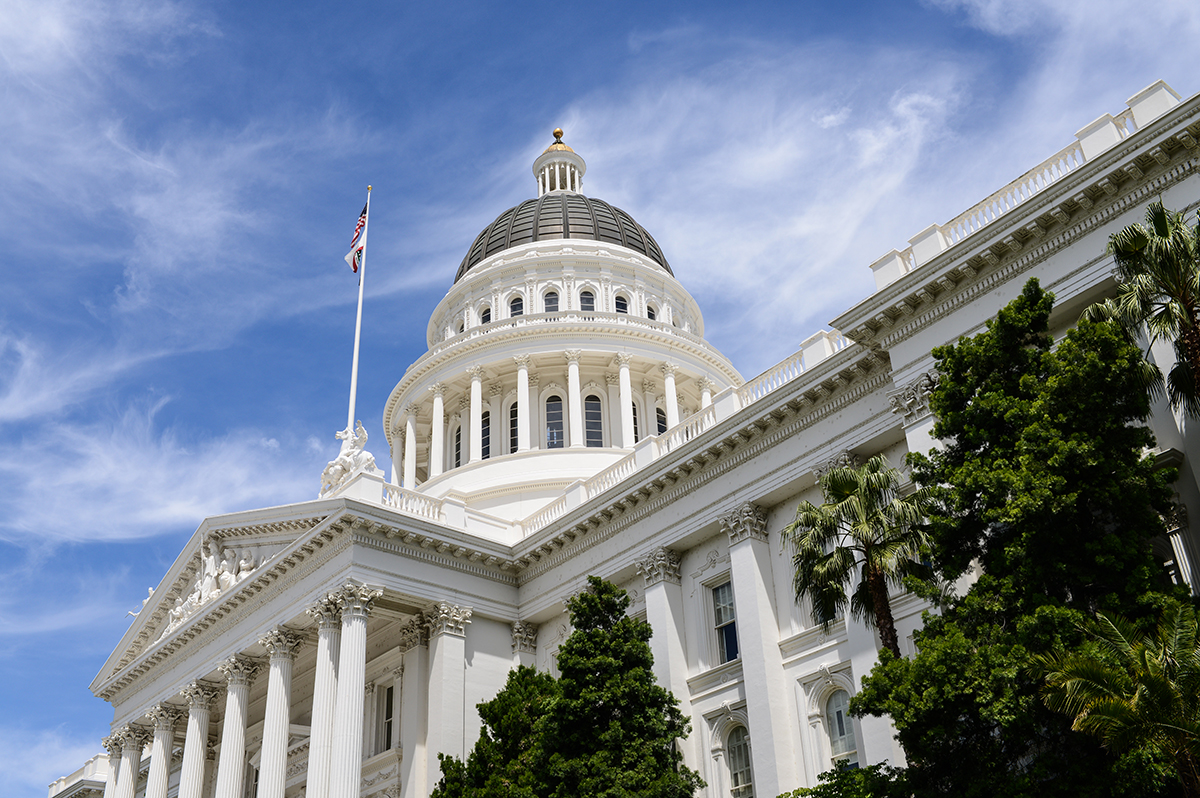A little noticed report released last week by the California Department of Finance could be the first sign that an economy surely in recession – despite the spin from the Biden administration that it is not regardless of what the numbers show – is beginning to negatively affect the state budget.
The monthly “Finance Bulletin” provided an update on cash receipts for the month of June and the now-completed 2021-22 fiscal year and the numbers are troubling.
Preliminary General Fund agency cash receipts for the entire 2021-22 fiscal year were $2.183 billion lower than forecast in the state budget. For the month of June alone, cash receipts were down $2.396 billion.
The decline, not surprisingly, is being driven by a significant drop in personal income tax revenue. For the month of June, cash receipts from personal income tax were $3.345 billion lower than forecast. For the 2021-22 fiscal year, personal income tax revenue came in $4.468 billion lower than forecast.
According to the department, real California GDP contracted by 1 percent in the first quarter of 2022, following 9.5 percent growth in the fourth quarter of 2021 and annual growth of 7.8 percent for 2021.
It has been said that when the national economy sneeze, California gets a cold because our state budget is heavily reliant on capital gains tax dollars to fund state government. Given the significant declines in the stock market this year – especially in tech stocks – California could be on the verge of a budget flu.
Consider that, as of June 30, the S&P 500 had dropped 20.6 percent year to date, while Nasdaq has dropped 30 percent year to date and the Dow Jones industrial average around 15 percent, according to the Washington Post. Worse, the paper notes that “Apple, Microsoft and Alphabet (Google’s parent company) have shed close to a quarter of their values this year, while Amazon has lost more than 37 percent (and) Meta (Facebook’s parent company) has tumbled by more than half.”
As the nonpartisan Legislative Analyst’s office noted in a 2018 report explaining California’s tax system, the incomes of the highest-income Californians “are derived mostly form capital gains, partnership income, and dividends, interest and rent.”
Further, they note that “the highly volatile (personal income tax) results in revenue uncertainty, thus complicating state budgeting.”
According to the California Taxpayers Association, the top 5 percent of earners in California paid about 67 percent of the personal income tax.
What does this mean for the record $308 billion state budget just signed into law by Gov. Newsom?
With a stock market in sharp decline this year, expect personal income tax revenue to continue to come in below estimates in the state budget. California’s revenue volatility means that a budget can literally go from a record surplus – as was the case this year – to a large deficit virtually overnight.
Unlike past budget crises, we do have some things going in our favor this year that we didn’t have before. For example, because Californians approved the rainy day fund championed in 2014 by then-Assembly Republican Leader Connie Conway, the state has socked away about $20.3 billion to prevent painful budget cuts in a downturn. However, given the state’s revenue volatility, these dollars may only ease the budget pain in one fiscal year.
The real question is how lawmakers will respond. It’s obvious that the billions in new spending for new government programs enacted in the 2022-23 budget are unrealistic and unsustainable. Will they look at declining revenues as a warning sign to cut spending and repeal or delay implementation of the new spending in this year’s budget? Or will they go full steam ahead, taking the Biden administration’s line that two quarters of declining economic growth does is not a recession?
Watch what lawmakers do in August during the last month of the legislative session. It’s often the case that the faster you make budget changes, the less the change will be. Will Newsom, who has championed fiscal responsibility rhetorically, demand quick changes to prevent the state from experiencing a budget meltdown? Stay tuned.
Tim Anaya is senior director of communications at the Pacific Research Institute and director of PRI’s Sacrament office.

